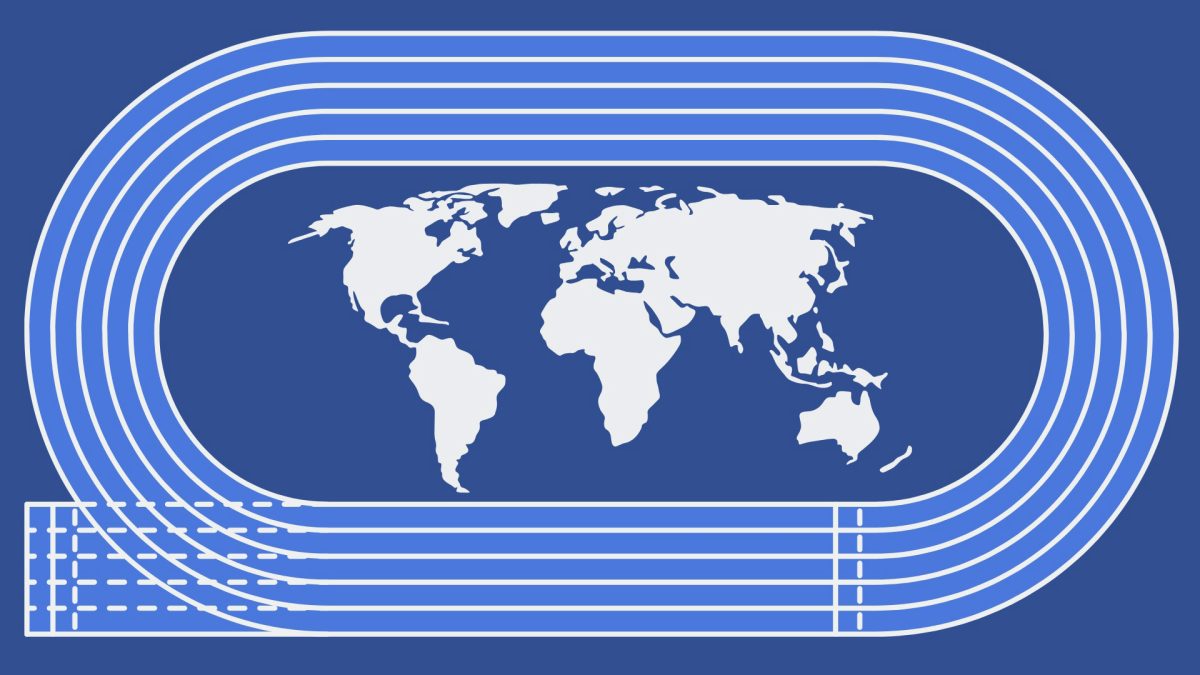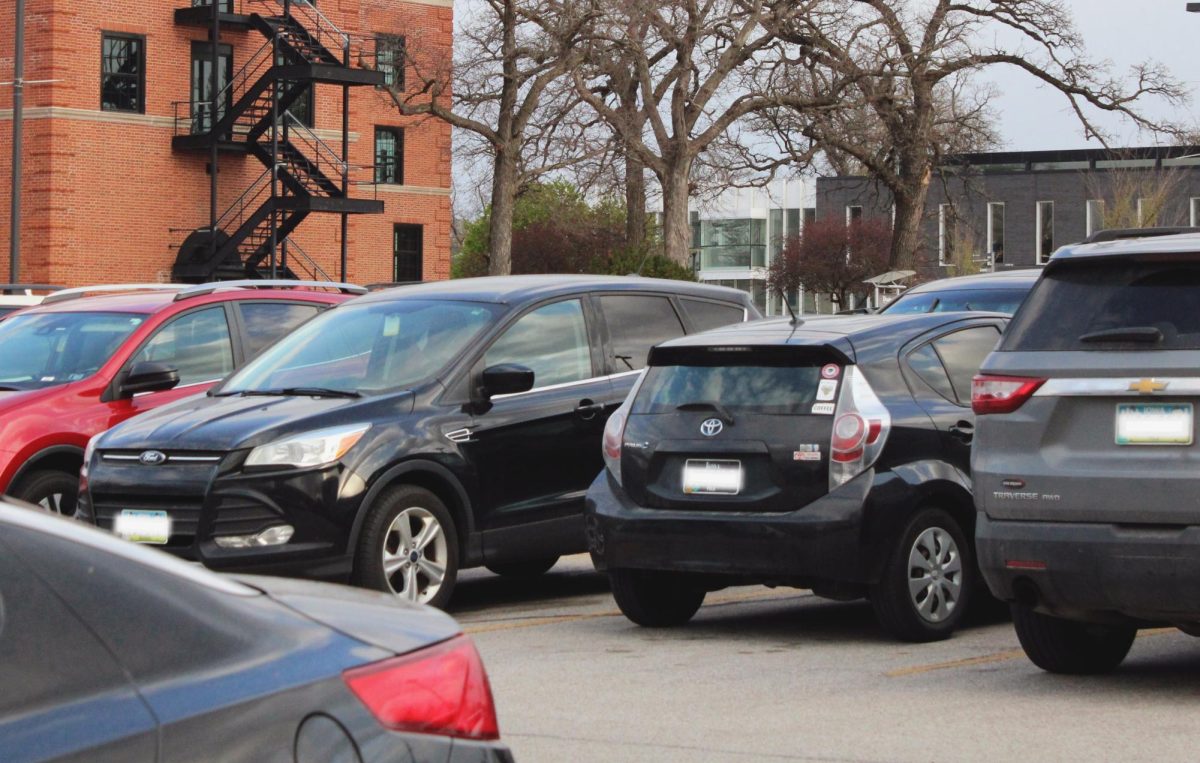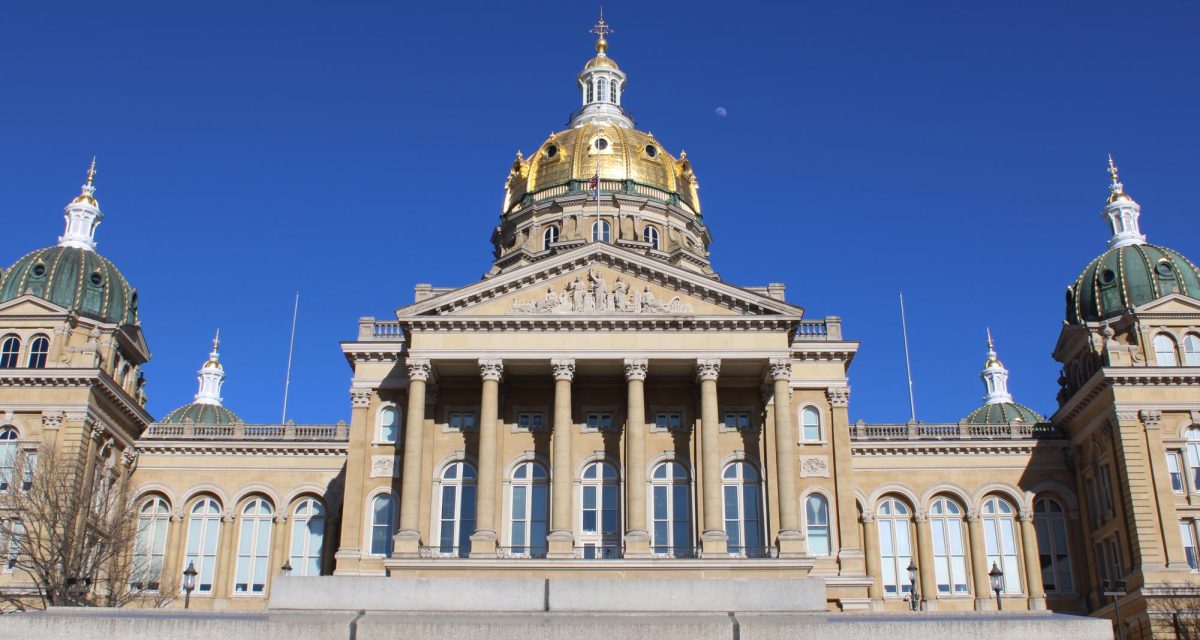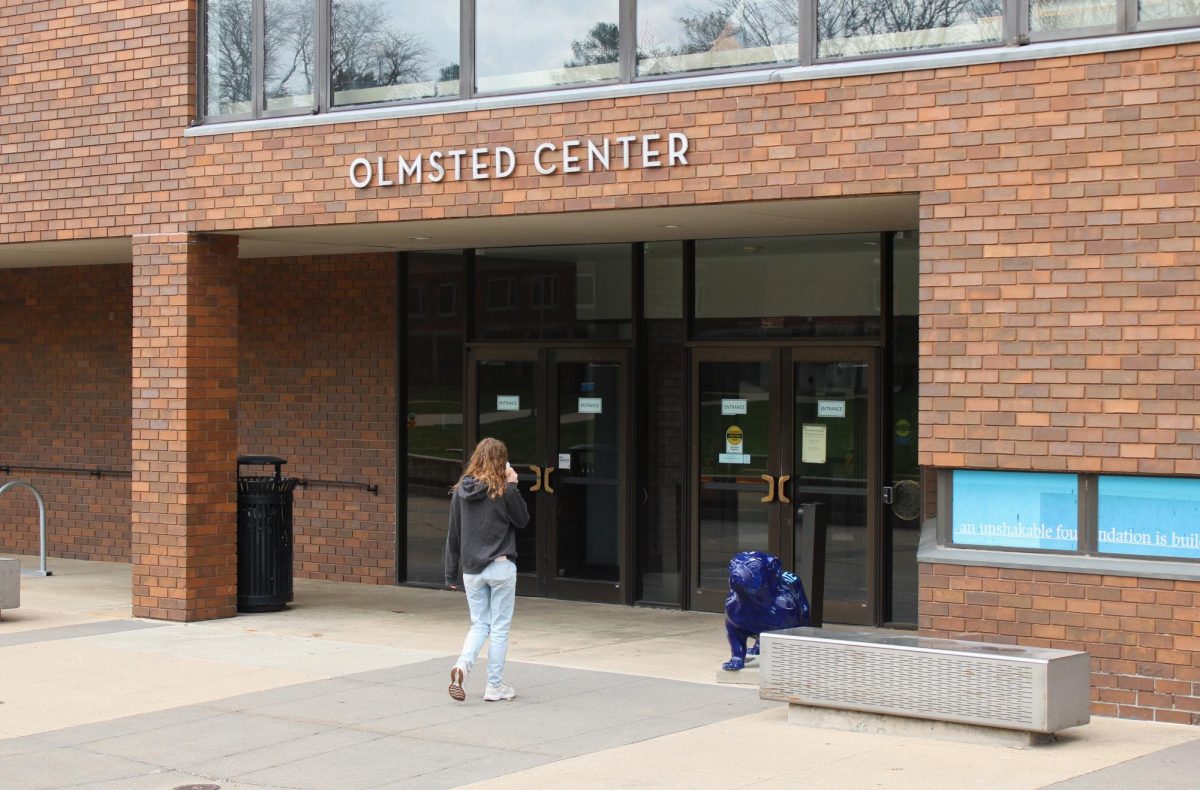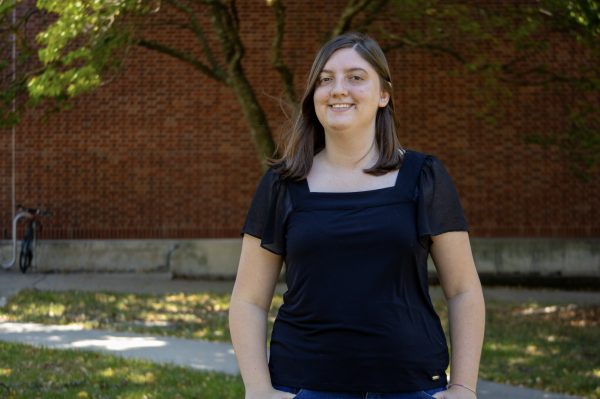International students make up a sizable portion of Drake University’s population. Because of the Trump administration’s proposed visa changes and a new admissions fee, international students are undergoing different experiences at Drake than in previous years.
New fee applied to international admissions
According to Drake’s most recent class profile, international students make up 4% of the first-year class and 15% of transfer students.
In the last five years, international student applications to Drake have nearly tripled, according to Dean of Admissions Joel Johnson. Drake currently has recruitment officers across the globe and acts as a hub for international students, Mattison said in an interview with The Times-Delphic. Drake also has scholarship partnerships with countries such as the Bahamas.
“Compared to other institutions with similar missions, we don’t have the same number of international [students] — we’ve been working to increase it,” Mattison said.
The Board of Trustees approved a $50 fee for international students applying to Drake at its Feb. 19 meeting. The fee aims to reduce the number of students who apply, are admitted, put down a tuition deposit and then choose a different school.
According to Johnson, applications for international students applying to schools in the United States are “very common.” Johnson hopes that the fee will limit the pool of applicants to those serious about attending Drake.
“A large number of applicants don’t go on to submit required documentation to complete their applications,” Johnson said in an email interview. “Nevertheless, every application requires serious attention and time from Drake staff, even those that remain incomplete.”
Amelia Burnell, president of Drake’s International Student Association, said that the fee sounds like a drastic measure. As international students already don’t receive a lot of scholarships, she worries that this will decrease the number of international students who come to Drake.
“It’s usually international students that do have money, that do have parents that are able to fund their education to come, so there’s not that many low-income international students from what I’ve seen, but I think creating that fee will just increase that,” Burnell said.
Many international students also have difficulties obtaining visas once admitted to Drake, according to Johnson. Annique Kiel, director of the Office of Global Engagement, said that visa denial has been increasing in the past few years.
“Whether students ultimately receive their visas is out of our control; however, we work closely with both national professional associations as well as our in-country partners to best support students during times of uncertainty or challenge,” Kiel said in an email interview.
Trump administration proposes visa changes
Both admissions and the Office of Global Engagement are monitoring changes to visas from the Trump administration, Johnson and Kiel said. One of the Trump administration’s proposed changes was the gold card, a visa that would cost $5 million and allow holders to apply for permanent residency. While the visa targets wealthy people from other countries to bring capital to the U.S., it could apply to international students as well.
“I get calls from, as an example, companies where they want to hire the No. 1 student at the school — person comes from India, China, Japan, lots of different places, and they go to Harvard, to Wharton School of Finance, they go to Yale,” Trump said at a February Cabinet meeting. “They graduate No. 1 in their class and they’re made job offers. But the offer is immediately rescinded because you have no idea whether or not that person can stay in the country.”
First-year Jungwoo Jung said that, due to the price of the gold card, he’d be more likely to go back to his home country of South Korea than pay it to stay in the U.S.
Burnell said that the main effect of the gold card will be changing who comes to the country and that she is worried more about how bureaucratic changes like layoffs will change visa waiting times.
As president of ISA, she is also staying up to date on news related to employment visas such as H-1Bs or Optional Practical Training visas. H-1B visas are difficult to get immediately after graduation, said Burnell, but OPTs still serve as a great option.
“A lot of companies aren’t aware of how easy it is to get [international students] on, and so a lot of companies don’t want to bring [international students] on. And so it’s much harder to find a job as an international student,” Burnell said.
How international students experience Drake
Jung heard about Drake through an organization in South Korea that sends students to other countries for college. Drake’s pharmacy program convinced him to attend. After he serves in the South Korean army, he hopes to return to the U.S.
“I want to be in big companies as a pharmacist, so I think that’s why — because America has big companies of pharmacists,” Jung said.
Jung said that his experience at Drake has been largely positive.
“There’s not a lot of international students. I think still it’s okay, meeting new people. I didn’t feel much discrimination,” Jung said.
Burnell said that one challenge for international students can be transportation. Few have cars and, with DART cuts, public transportation can be varied and unreliable. It is also difficult to get from Des Moines to other cities, as there is no AMTRAK line and a smaller airport.
“For international students to feel like they’re constricted to campus, and that they can’t rely on public transport, I think might contribute to it — to wanting to transfer out, just because we feel trapped,” Burnell said.
Morgen Neuhauser contributed to reporting.

